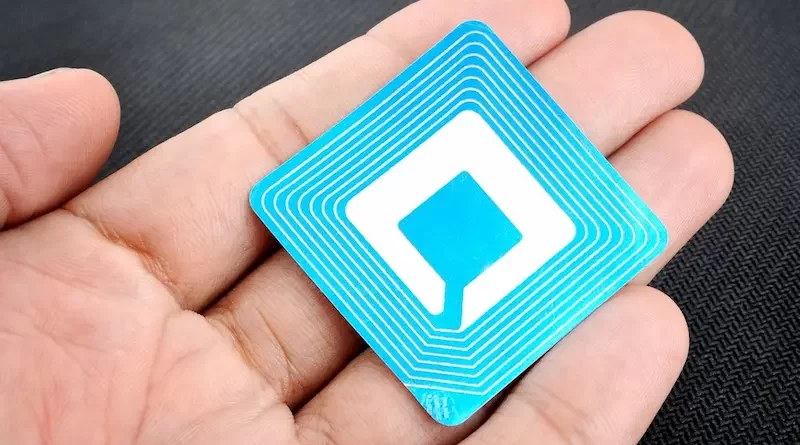Innovative Applications for RFID in Business
Radio frequency identification, or RFID, is by no means new; the first RFID device was developed in 1946 by Russian physicist Leon Theremin, who called his invention “the Thing” and used it as a spy tool to collect audio information and transmit it wirelessly to Soviet agencies. Yet, nearly 80 years later, RFID remains a mystery to many business leaders, who are unaware of the outstanding potential for this powerful technology.
RFID tags are good for so much more than tracking shipments. Here are a few of the most innovative applications of RFID to inspire business leaders to experiment with RFID into the future.
Traffic Monitoring
Brick-and-mortar retail stores can only manage so many customers at a time, as their physical spaces rapidly become congested and inaccessible with too much consumer traffic. Understanding how many people are in the store and how they move around can help brick-and-mortar retail operators better design their floor plans to reduce bottlenecks and keep customers happily shopping. RFID tags built into shopping baskets can help track the flow of traffic around the store, giving business leaders more information for implementing strategies that lead to better customer traffic management.
Customer Information Communication
RFID tags can be built into wearables like wristbands to communicate key information about wearers to businesses. In truth, medical centers around the world are beginning to adopt this application of RFID to help healthcare providers understand patient histories and treatment plans without the need to communicate directly with other care providers. Hospitality organizations are also beginning to take advantage of this RFID application to make it easier to track guests and attendees. Information about customers scanned through wearables of this type can help businesses maintain security and provide high-quality experiences for everyone.
Robbery-proof Inventory
According to a report from the Retail Industry Leaders Association and the Buy Safe America Coalition, the impact of retail theft in the United States amounts to more than $68 billion. Many businesses have an interest in reducing the success of theft, and RFID could provide a viable solution. By integrating RFID tags into products in a manner which prevents removal, companies can track stolen goods and devalue them if necessary. For example, many casinos have begun integrating RFID technology into poker chips, so that if the chips are removed from the premises, their tags are deactivated which makes them ineligible for cashing out.
Changing Room Management
Changing rooms can quickly become the most hectic location within a retail space, with long lines of customers and untenable piles of merchandise to be monitored. RFID tags can help changing room attendants keep track of the merchandise inside stalls, which can keep traffic flowing in and out of the changing room area and reduce the opportunity for theft. Combined with other in-store RFID systems, a changing room management system could provide more useful insights to help business leaders build strong strategies for future success.
Temperature Monitoring
Fresh produce as well as meat and dairy products are extremely sensitive to temperature, to the extent that even minor fluctuations in heat and cold can result in spoilage that makes the food unusable and actually dangerous to consumers. RFID can do more than track location; it can also monitor the temperature of the environment. Using RFID, producers, manufacturers, shippers, carriers and others involved in the cold chain can receive a report of temperature change as well as alerts when certain temperature thresholds are crossed. Not only can this help prevent losses across the industry, but it might also lead to innovations in packaging that reduce costs in shipping and storage.

Self-checkout for Tools and Equipment
Businesses like construction firms, oil and gas worksites, farms and more tend to maintain tools and equipment for workers to check out and use — but traditional methods of managing these tools are notoriously time-consuming and prone to errors. Affixing RFID tags on tools and equipment creates an automatic self-checkout system that activates as soon as a tool is removed from storage. Thus, businesses can maintain an accurate list of who is using what tools and where, which can reduce loss and theft.
As consumers become comfortable with RFID, businesses can take full advantage of the power and potential of this outstanding technology.

